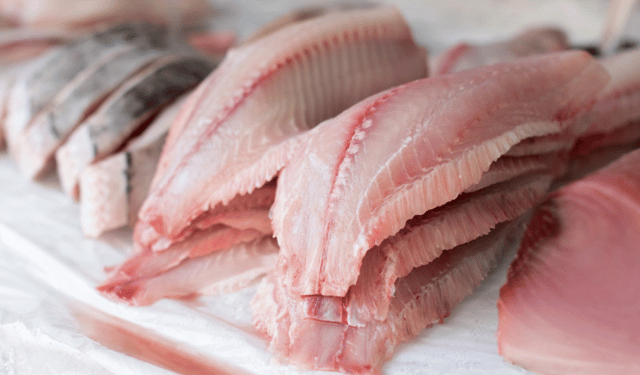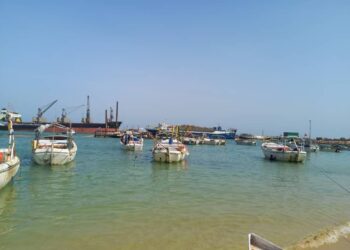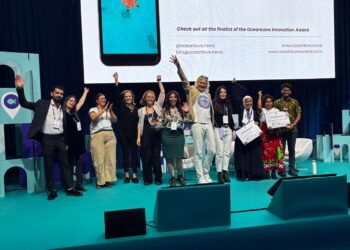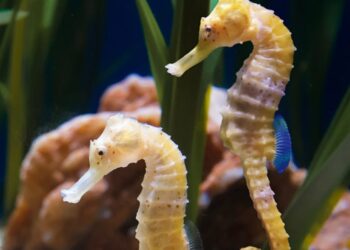Fraud in seafood labelling. Global analysis and perspectives for action – In recent years, the phenomenon of seafood mislabelling fraud has raised global concerns. The increasing complexity of supply chains, international trade and the growing demand for seafood products have contributed to making the sector vulnerable to manipulation and deception. This phenomenon does not only affect certain markets, but extends everywhere, from large economies such as the US and Europe to emerging markets where controls are often less stringent.
A major meta-analysis published in ScienceDirect analysed the phenomenon in the US, revealing that 39.1% of fish products sold are mislabelled. Species substitution is one of the most common practices, in which less valuable fish are sold as more valuable varieties, often to maximise profits. The use of unacceptable market names is also a common strategy to confuse consumers, while ambiguous trade names add further confusion to the market.
The consequences of this phenomenon are profound and impact several areas. From a public health perspective, the consumption of undeclared species can expose consumers to risks such as unknown allergens or levels of toxins exceeding safety standards. On the environmental level, the practice of mislabelling undermines efforts for sustainable fishing, undermining the work of certifications and regulations created to protect marine ecosystems. On an economic level, consumer confidence is undermined, harming not only those who buy but also honest companies that operate in the sector with transparency.
To counter this problem, it is necessary to strengthen controls throughout the supply chain, promote stricter regulation, and invest in advanced technologies such as DNA sequencing to guarantee the authenticity of fish species sold. In addition, raising consumer awareness of the importance of informed purchasing can help reduce the market for counterfeit products. Media attention and the commitment of various institutions are bringing out the first positive signs, indicating that concrete change is possible. The goal is to create a more transparent fishing industry, where sustainability and quality are no longer the exception, but the norm.
Fraud in seafood labelling. Global analysis and perspectives for action







